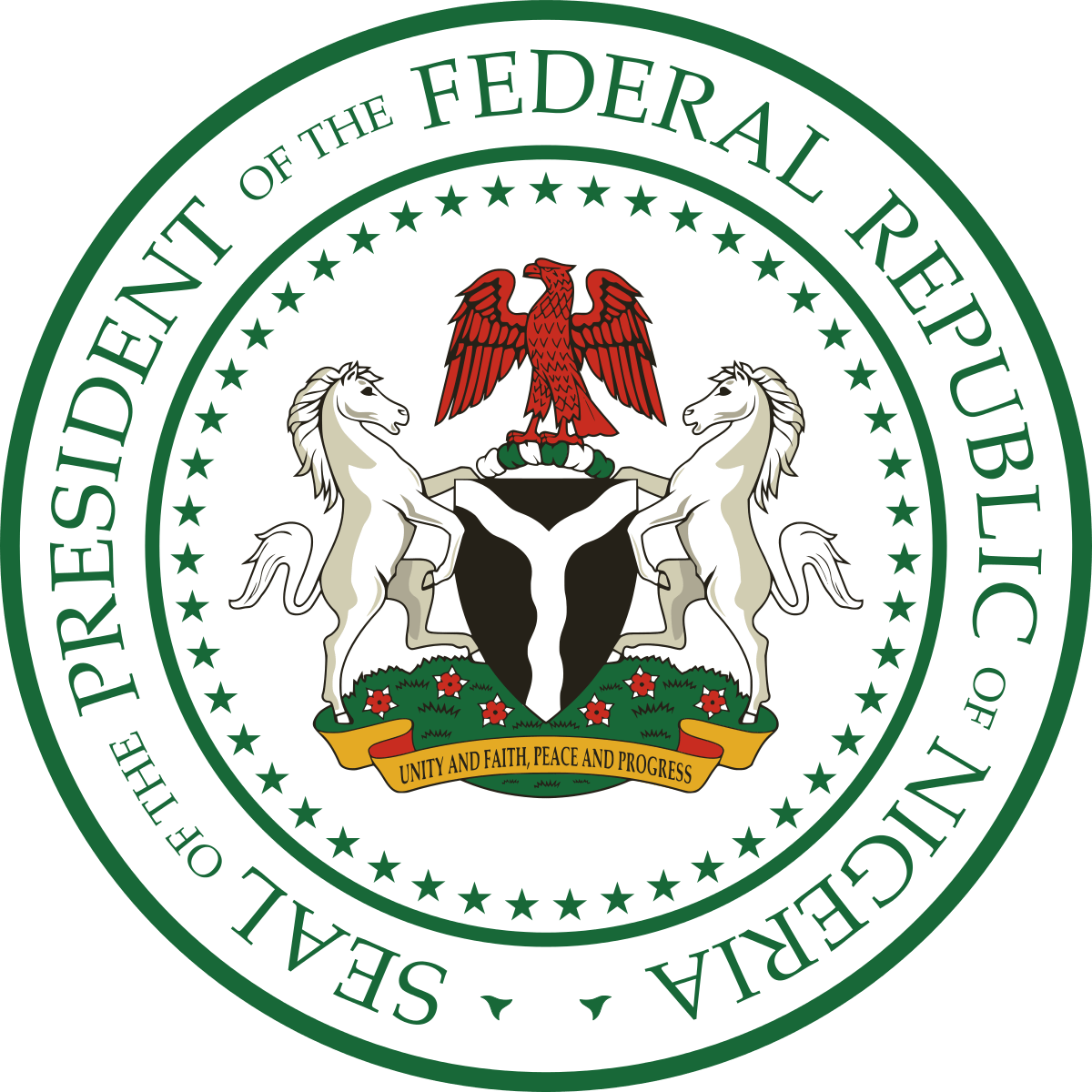In Nigeria, we are taking a two-step approach. First, to protect the lives of our fellow Nigerians and residents living here and second, to preserve the livelihoods of workers and business owners to ensure their families get through this very difficult time in dignity and with hope and peace of mind. – President Buhari
The Federal Government of Nigeria is rolling out several measures and directives on healthcare, border security, and fiscal and monetary policies in response to the pandemic. More measures are coming.
The President has set up an Economic Sustainability Committee chaired by Vice President Osinbajo, to develop a comprehensive economic plan to respond to the disruptions and dislocations caused by the COVID-19 pandemic.
The President has also set up a Presidential Task Force on #COVID-19, chaired by the Secretary to the Government of the Federation, Boss Mustapha, with Dr. Sani Aliyu as the National Coordinator. The PTF is coordinating Nigeria’s multi-sectoral inter-governmental approach to COVID-19.
The President also set up a Committee made up of the Minister and Minister of State of Finance, Budget and National Planning, Minister of State Petroleum Resources, Governor of the Central Bank of Nigeria and Group Managing Director of the Nigerian National Petroleum Corporation (NNPC), to assess the impact of COVID-19 on the 2020 Budget and to recommend appropriate and immediate response strategies.

